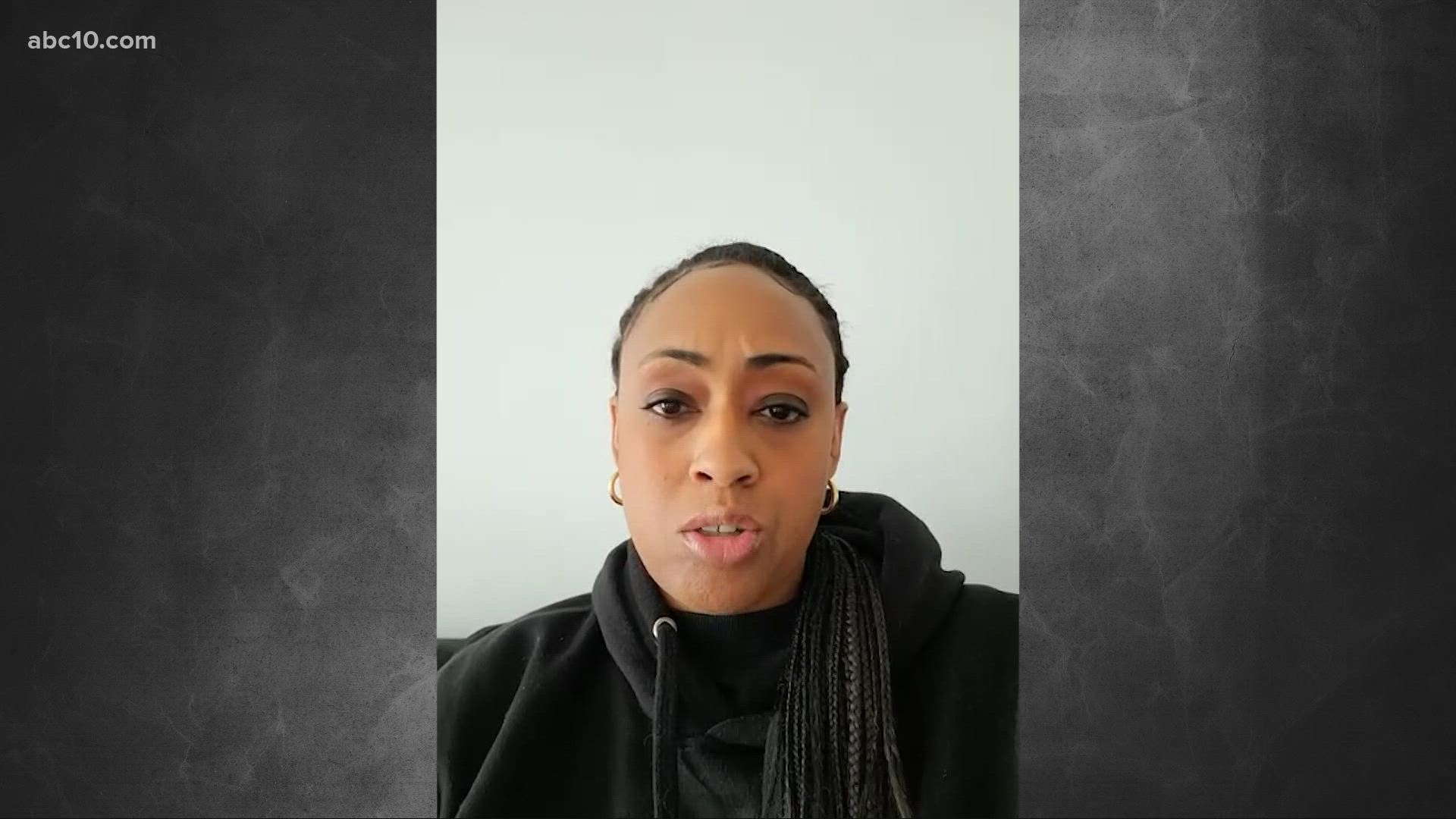SACRAMENTO, Calif — When tragedy strikes, police turn to you for help. They, typically, ask you to provide information to help solve a crime using an anonymous tip line or other resource.
Some communities do not work with law enforcement because of the lack of trust and street code of silence.
"Providing information, but in a manner that will keep you safe, is really critical," said Daniel Hahn, former Sacramento Police Chief. "The code of silence is the sense that you do not give information on somebody in the neighborhood, regardless of how heinous of a crime they did."
When it comes to building trust between law enforcement and historically marginalized communities, activists say police must first break the blue wall of silence. The term refers to police not reporting other officers for misconduct or abuse of power.
"You don't start from the outside in, you start from the inside out," said Samual Nathaniel Brown, community activist. "The communities do not trust the process of providing information because they do not see the people who are responsible for their circumstances being held accountable or carrying themselves in the same manner."
Samual Nathaniel Brown and Jamilia Land are the co-founders of the Anti- Violence, Safety, and Accountability Project (ASAP). The mission is to break the cycle of violence and address its harms by dismantling systemic racism, providing healing to the impacted, and generally offering the insights, platforms, and other tools of justice that communities need to transcend violence.
"There's a deeply rooted distrust with law enforcement and that law enforcement is not going to protect you," Land said. "For police to continue going to communities that lack the trust based on very real systemic issues and history is unfair. When it comes to the sharing of information, it depends on where that information is coming from, who is giving that information and how it is conveyed."
Land is encouraging law enforcement agencies, along with government officials, to work on building trust with Black communities. She says that includes law enforcement and government officials holding themselves publicly accountable for the distrust and harm they've created over the years in Black communities.
"Often, the conversation is about snitching or not snitching," Hahn said. "We should really change that term because if somebody is a danger to our community, that needs to be handled. There needs to be accountability, and hopefully, there needs to be assistance so that person is no longer a threat to our community."
WATCH ALSO:



















